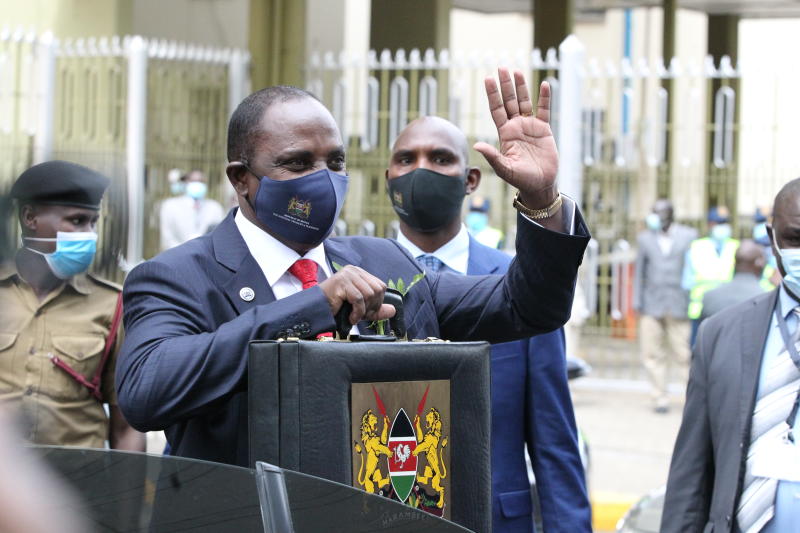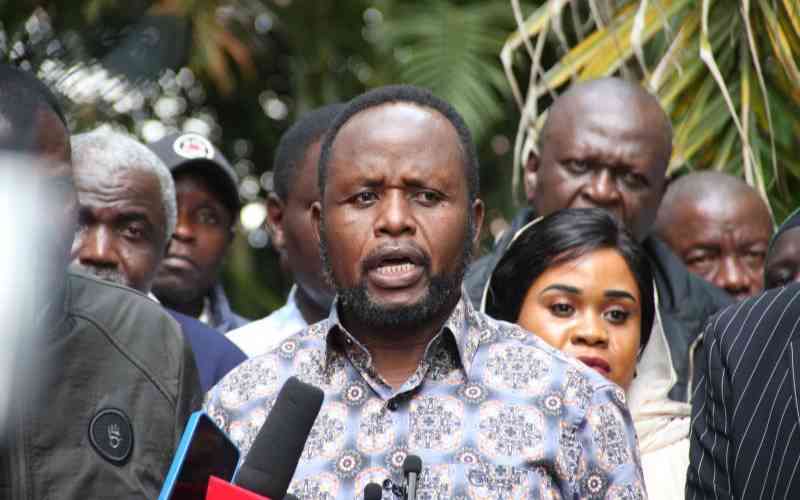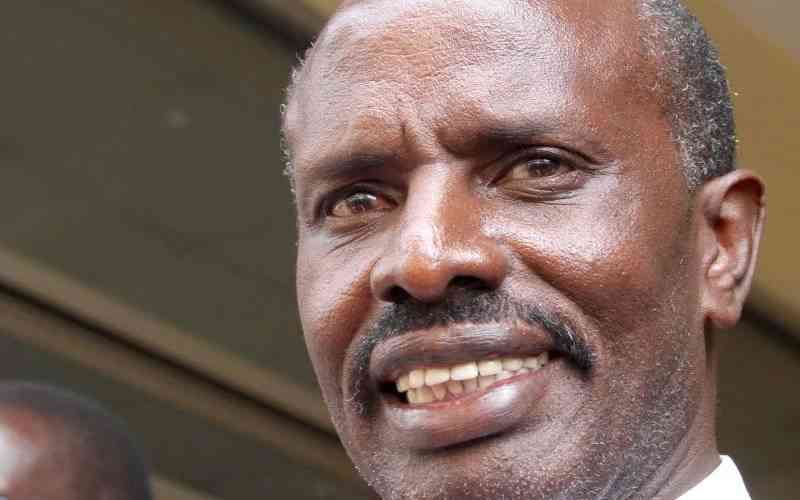National Treasury and Planning CS Ukur Yattani leaving the Treasury building to present the Financial Year 2021/2022 budget at Parliament, Nairobi on June 10, 2021. [Jonah Onyango, Standard]
×
The Standard e-Paper
Join Thousands Daily






